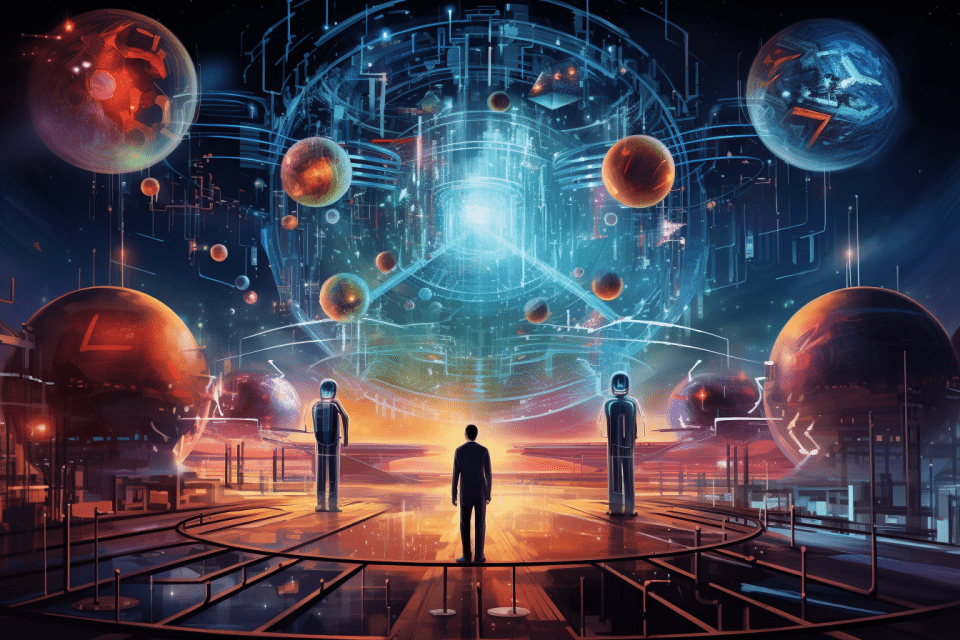The Intersection of Artificial Intelligence and Quantum Computing
The integration of artificial intelligence (AI) and quantum computing, particularly through quantum machine learning, is a topic that has been generating considerable interest in the scientific and technological communities. This intersection, often likened to the coming together of two powerful forces, holds the promise of revolutionizing how we approach complex problems in computing and data analysis, according to Nature.
Exploring the Potential
Quantum machine learning is a concept that involves the application of quantum algorithms to improve upon traditional machine learning techniques. Machine learning, a subset of AI, is focused on the development of algorithms that enable computers to learn from and make predictions or decisions based on data. The incorporation of quantum computing into this domain aims to leverage the unique properties of quantum bits (qubits), such as superposition and entanglement, to process and analyze data in ways that classical computers cannot.
Companies like Google and IBM, along with startups such as Rigetti and IonQ, are actively researching the potential applications of quantum machine learning. The European particle physics laboratory, CERN, is also exploring this field, particularly in using quantum computing to enhance classical machine-learning models for analyzing data from experiments like the Large Hadron Collider.
Challenges and Skepticism
Despite the excitement, the field of quantum machine learning is still in its nascent stages, and there are significant challenges to overcome. One of the main hurdles is the current state of quantum computing technology itself. Quantum computers capable of performing complex tasks at scale are yet to be realized. Additionally, integrating classical data with quantum computing processes poses its own set of challenges.
Moreover, the question remains whether quantum machine learning can actually offer a substantial advantage over classical methods. While theory suggests that quantum computers could significantly speed up calculations for specific tasks, evidence for such an advantage in machine learning is still lacking. Skepticism persists, with some researchers like Ewin Tang challenging the notion of a significant quantum speed-up in machine learning by developing classical algorithms that can compete with their quantum counterparts.
The Future of Quantum Machine Learning
Despite these challenges, there is optimism about the potential of quantum machine learning. Researchers are beginning to focus on applying quantum algorithms to phenomena that are inherently quantum in nature. This approach could potentially reveal patterns in data that classical algorithms might miss.
Innovations in quantum sensing, which involves measuring quantum phenomena using purely quantum instruments, are also opening new avenues for quantum machine learning. This technique allows for the direct use of quantum data in machine learning algorithms, potentially bypassing the limitations of translating classical data into a quantum format.
Conclusion
The journey of integrating AI with quantum computing is still at a preliminary stage, with many theoretical and practical challenges to overcome. However, the potential for groundbreaking advancements in machine learning and data analysis remains a compelling reason for continued research and experimentation in this field. The future of quantum machine learning, while uncertain, holds exciting possibilities for scientific and technological innovation.

